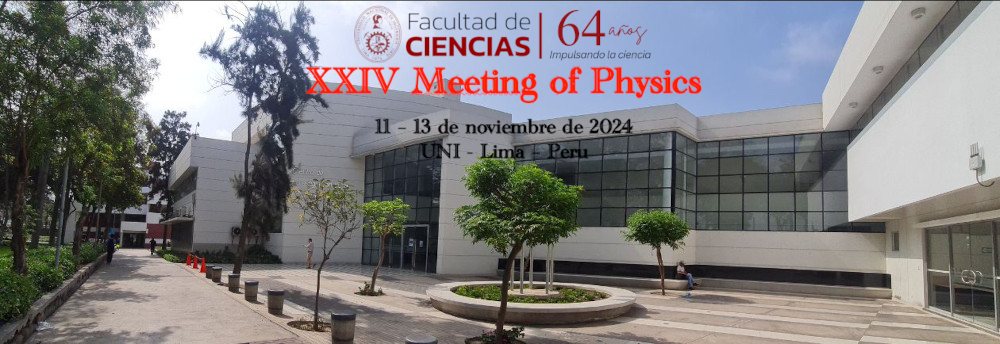Speaker
Description
At LHC, two main approaches test the validity of the Standard Model (SM): comparing precise measurements of SM processes with theoretical predictions and conducting direct searches for new particles predicted by models beyond the SM (BSM). These direct searches rely on fully supervised analyses targeting specific BSM scenarios, effective only if the correct model is tested. However, many BSM searches have yielded negative results, suggesting that unanticipated scenarios may exist. The vast data generated at the LHC, with 40 million collisions per second but only ~1000 events stored per second, exacerbates this challenge.
The Level-1 Trigger (L1T) processes collisions at 40 MHz, using specialized hardware to reduce the rate to 100 kHz. The Global Trigger is the final step of the CMS L1T system and runs a trigger menu called the L1 menu, which defines early event selection criteria, plays a critical role in capturing SM and BSM signals. However, model-dependent algorithms often exclude low-energy or unusual events, missing important signals have been implemented.
Unsupervised ML techniques have gained attention new physics detection in a model-agnostic, data-driven way. A fast, quantized anomaly detection trigger algorithm based on variational autoencoders is currently in use in the L1T is presented.

